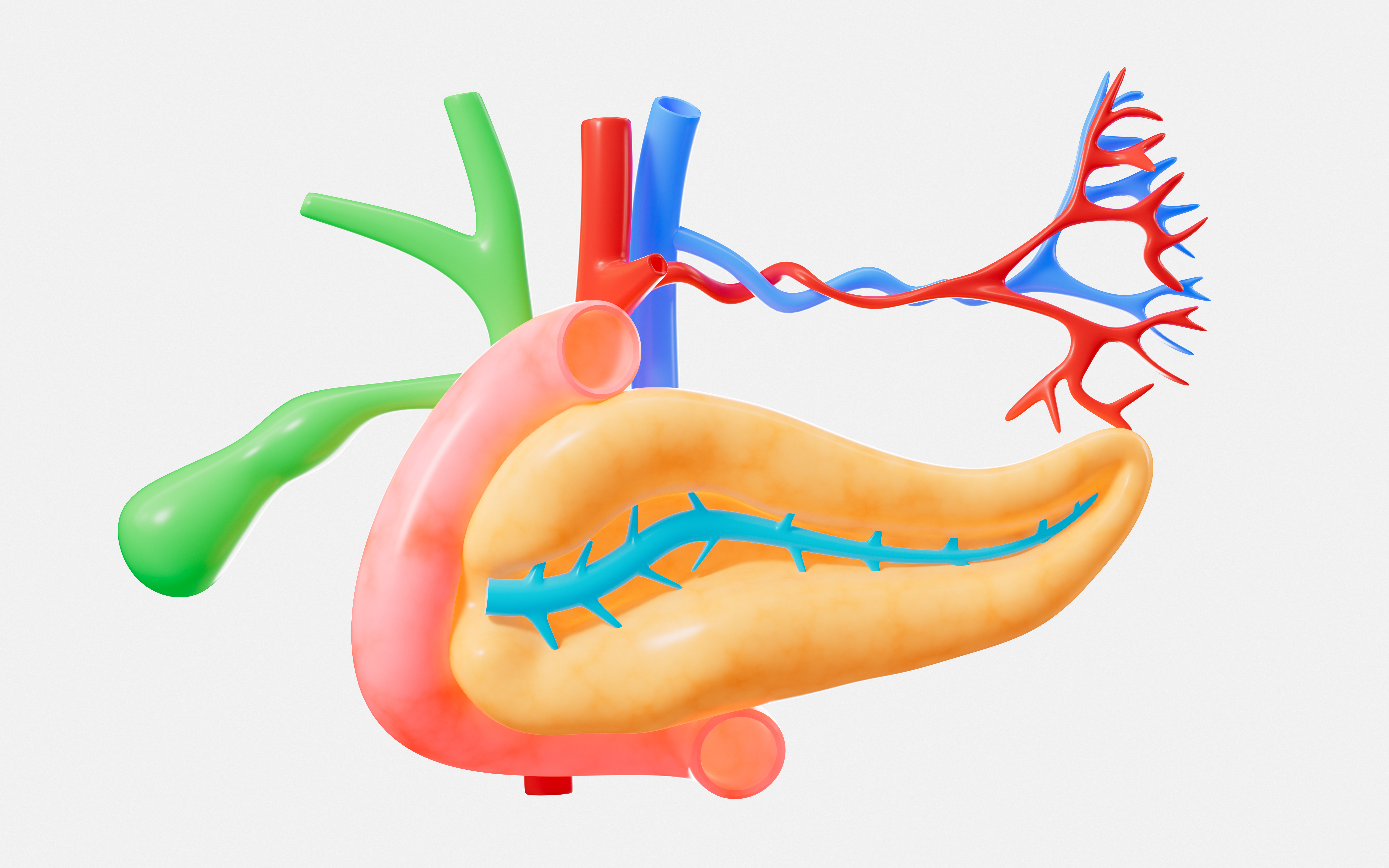Researchers at the University of Tokyo have discovered that placenta-derived IL1α under hypoxic conditions can dramatically increase the size and functionality of human stem cell-derived liver organoids by up to five times. The team identified that IL1α works through the SAA1-TLR2-CCL20-CCR6 signaling pathway to expand liver progenitor cells called hepatoblasts.
This breakthrough addresses a major challenge in organoid research – creating larger, more functional tissue models. By mimicking the natural developmental environment of fetal liver, including the timing of oxygen exposure, researchers have unlocked a method that could revolutionize both disease modeling and regenerative medicine.
The findings have significant implications for developing improved disease models, drug testing platforms, and potentially lab-grown organs for transplantation. This approach may also apply to other organ types, opening new possibilities for personalized medicine and therapeutic applications.
SAVE UPTO 30% ON ORGANOID SERVICES & ASSAYS - Offer end 28 February 2026
SAVE UPTO 30% ON ORGANOID SERVICES & ASSAYS - Offer end 28 February 2026
SAVE UPTO 30% ON ORGANOID SERVICES & ASSAYS - Offer end 28 February 2026
SAVE UPTO 30% ON ORGANOID SERVICES & ASSAYS - Offer end 28 February 2026
SAVE UPTO 30% ON ORGANOID SERVICES & ASSAYS - Offer end 28 February 2026
SAVE UPTO 30% ON ORGANOID SERVICES & ASSAYS - Offer end 28 February 2026



